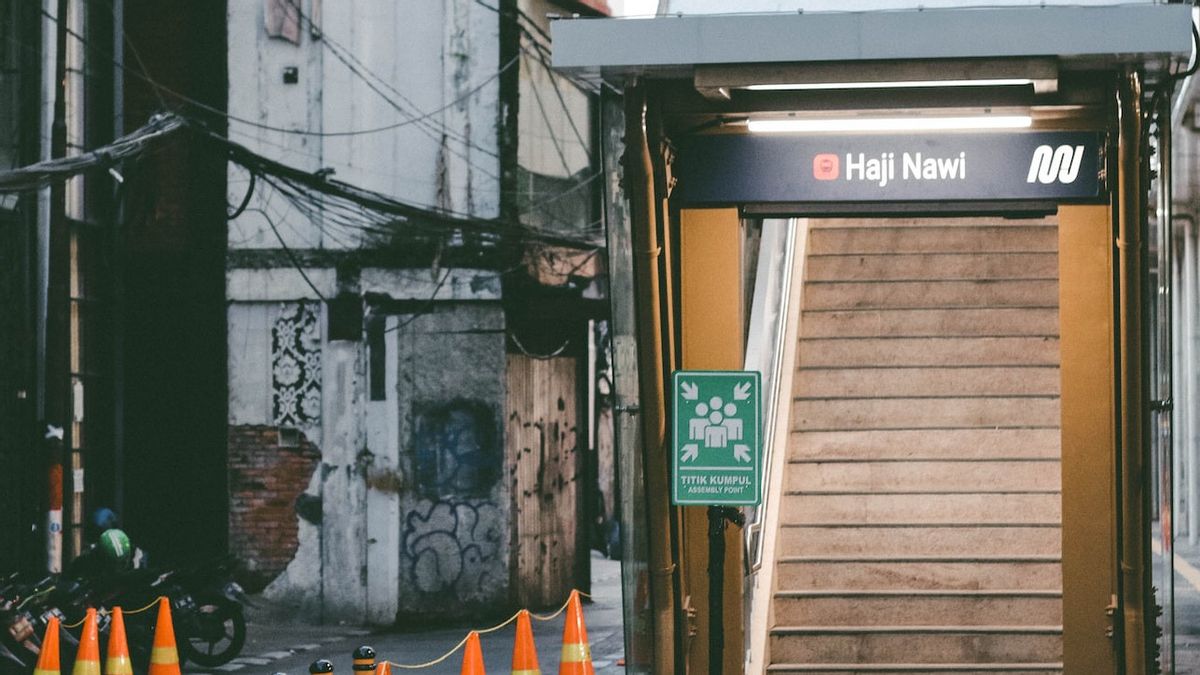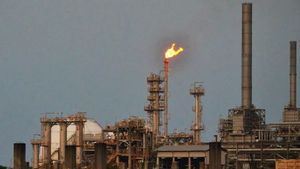JAKARTA - The DKI Transportation Agency is expanding the reach of public transportation for the residents of the capital city this year to reduce air pollution from private motorized vehicles.
"We have identified the network of public transport services, both non-BRT and micro-trans by modifying routes," said Head of the DKI Transportation Agency, Syafrin Liputo in Jakarta, Monday, October 3.
There are nine new non-BRT routes or TransJakarta services without bus stops and micro transs. Within a radius of 500 meters, about 95 percent of Jakarta's population reaches public transport services.
Currently, the micro trans service operating reaches 69 trayeks with a fleet of 1,724 units with a total of 234 thousand passengers per day.
Meanwhile, TransJakarta, both for BRT and non-BRT, is served by 179 routes with a fleet of 1,869 units with a total number of passengers reaching one million passengers.
Meanwhile, the pedestrian path reaches 337 kilometers to support pedestrian access to public transport services and a 103-kilometer bicycle lane.
For the 16-kilometer MRT, the average number of passengers per day reaches 123 thousand and the daily LRT reaches 4,462 people.
In addition to improving public transportation services, the DKI Transportation Agency also controls the need for the use of cars and motorbikes, including odd-even and parking management.
Furthermore, transit-based areas, low-emissions areas, and motorized vehicle traffic control including those using money electronic control schemes are currently being discussed.
In his presentation at the Regional Regulation Formation Agency (Bapemperda) of the DKI DPRD, he said motorcycles accounted for 44.5 percent and private cars accounted for 14.2 percent of air pollution from the transportation sector in DKI based on data from the Committee for the Elimination of Mobile Gasoline in 2019.
Motorcycles are the biggest contributors to carbon monoxide and hydrocarbons that cause acute breathing, cancer and other health issues.
Quoted from Antara, Syafrin also revealed that based on Greenpeace data, early deaths in the Jakarta, Bogor, Depok, Tangerang and Bekasi (Jabodetabek) areas due to dangerous pollutants of PM 2.5 in 2020 reached 13 thousand per year.
The English, Chinese, Japanese, Arabic, and French versions are automatically generated by the AI. So there may still be inaccuracies in translating, please always see Indonesian as our main language. (system supported by DigitalSiber.id)













